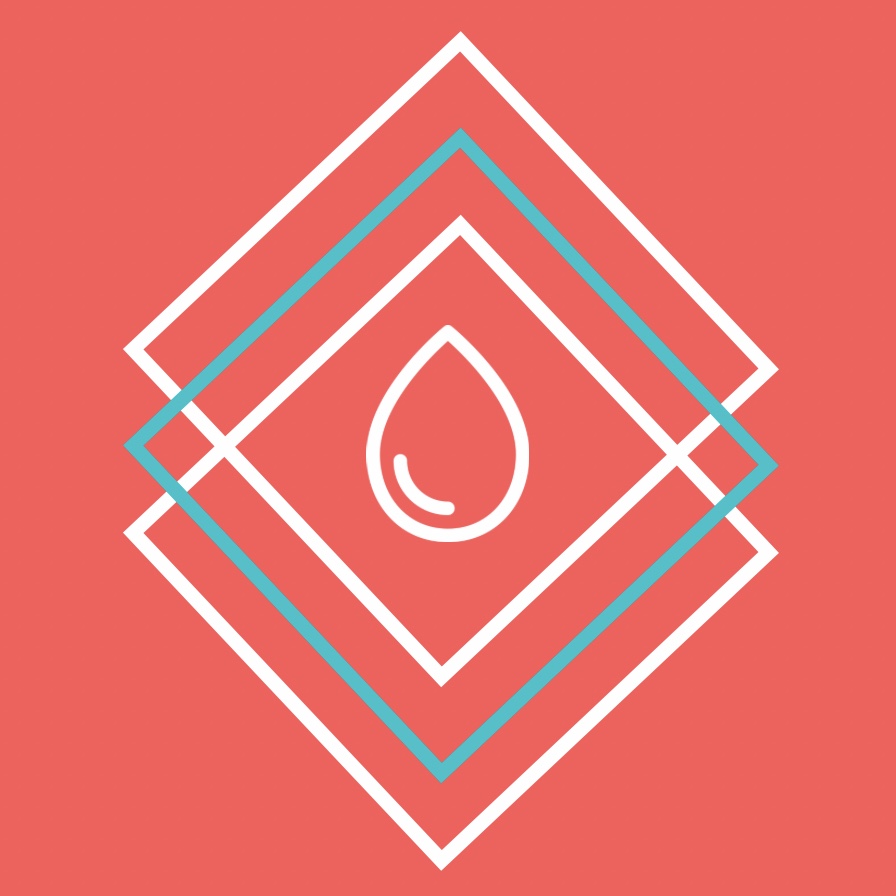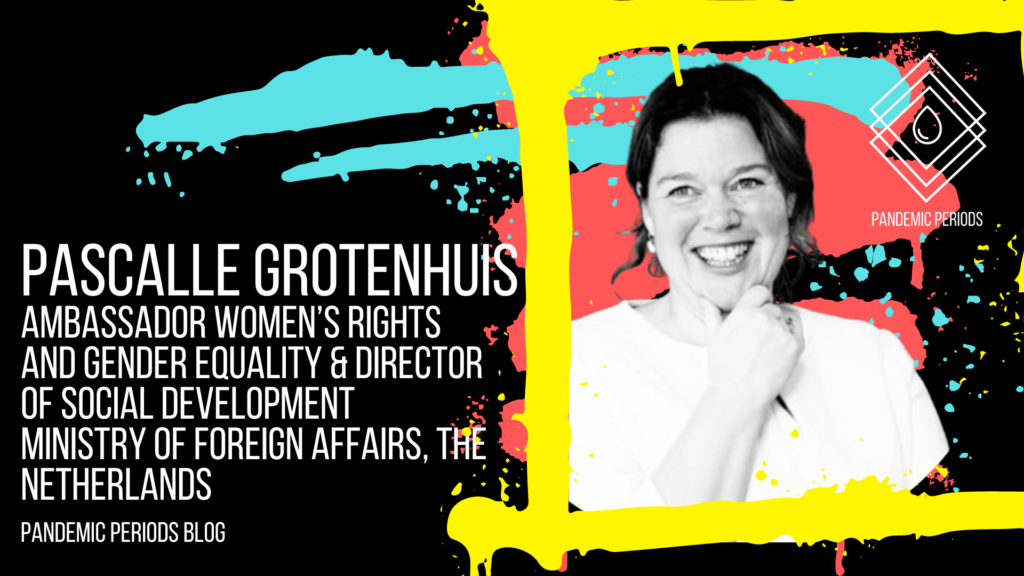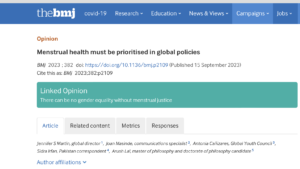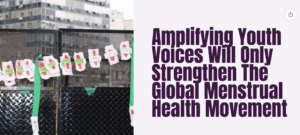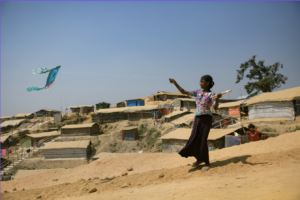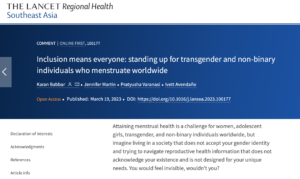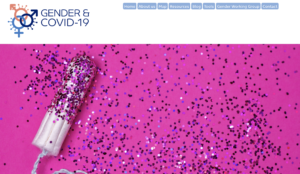Investing in menstrual health management via Official Development Cooperation: a Dutch governmental perspective
Worldwide, millions of adolescent girls miss school days each month due to their menstruation. Moreover, stories of adolescent girls having to improvise makeshift menstrual products, such as using toilet paper or a newspaper, with all its consequences for their health and well-being, are not rare. Numerous reasons and factors cause this. Think, for example, of the absence of water, sanitation, and hygiene (WASH) facilities, a lack of access to menstrual products, the inability to afford these, or little to no education on menstruation. The consequences are severe and lead to exclusion and harmful stigma. Because investing in menstrual health is a human right and essential to reaching gender equality, a call to action!
This week, the Netherlands is co-hosting the UN 2023 Water Conference, the first freshwater conference at the UN in almost 50 years; I want to discuss the importance of an integrated approach to menstrual health. Good menstrual health can be achieved when investments are made in access to WASH and comprehensive sexuality education (CSE).
Poor menstrual health environments
What if you cannot discretely dispose of your menstrual materials? What if you cannot clean yourself or wash your hands after changing a tampon or pad? Many women and adolescent girls cannot participate in day-to-day activities because of numerous issues relating to being unable to attain their menstrual health. UNICEF highlighted that nearly 539 million children worldwide lacked basic sanitation services at their schools. As a result, adolescent girls in many places stay home from school due to their menstruation or quit their education altogether.
There is also the issue of environments further perpetuating menstrual stigma because discussing menstrual health freely is still taboo in many communities. This taboo may stem from the close link between menstruation and sexual and reproductive health. It may also result from norms and values that consider adolescent girls and women as unclean or impure whilst menstruating.
In my work as Ambassador for Women’s Rights and Gender Equality at the Dutch Ministry of Foreign Affairs, I have spoken with many young people who advocate for menstrual health to be a central component of CSE. Providing women and girls with educational materials will make them feel more empowered and aware of their menstruation. Besides the need for information about the menstrual cycle, menstrual health interventions should also include information on how to use menstrual products.
Men and boys mustn’t be excluded from this. If boys in school receive the same information, much of the stigma and derogative practices can be positively transformed. In Ethiopia, a boy of 12 years old told the story of how he and his friends used to laugh at blood stains in the skirts of his schoolmates. During a session of his school’s gender club, he learned more about menstruation and the menstrual health room where girls can get pads and clean clothes. Now he helps girls by telling them discretely about any possible stains and explaining the menstrual health room to them.
Our efforts
The Netherlands stands firmly for gender equality. In our Feminist Foreign Policy, we base our efforts on the four R’s: rights, resources, representation, and reality check. Together with non-government organisations, United Nations agencies, and other local partners, we commit to and support programmes that improve menstrual health. Establishing practical and open dialogues inside and outside the classrooms can sensitise communities and create awareness. UNICEF has, for example, trained teachers in Ghana, Sierra Leone and Mauritania on menstrual hygiene with the support of the Dutch Ministry of Foreign Affairs, and in Ethiopia, the Break Free! -alliance teaches girls how to make and use hygienic, reusable, sustainable menstrual products.
But raising awareness alone just won’t cut it. Sustained access to safe and discreet WASH facilities is also essential. Access to water and sanitation is a human right for all, but not shared by all. Especially women and adolescent girls bear the burden of water fetching over long distances and health and safety risks related to poor sanitation facilities. Adequate sanitation facilities allow women and adolescent girls to continue participating in educational, socio-economic and cultural activities during their menstruation. WASH is, therefore, essential to enhance menstrual health. A challenge is the lack of funding for the United Nations Sustainable Development Goals 6.1 and 6.2 on access to safe drinking water, sanitation and hygiene services. Therefore, one of the Dutch strategies is to use development cooperation funding as leverage to draw in additional (private) finance.
The FINISH Mondial programme is a strong example. This programme financially empowers communities, businesses, and financiers to establish a WASH market. Communities are made aware of the benefits of safe sanitation, businesses and entrepreneurs are trained as professionals in the sector, and financiers are stimulated to provide loans. This way, the creation of sanitation facilities not only empowers women and adolescent girls to participate in society during menstruation fully but also to act as change agents and local leaders, for instance, by training them to maintain WASH infrastructure.
Ways forward
Investing in good menstrual health is crucial in achieving gender equality. Menstrual health is effectively improved through CSE and WASH infrastructure, and therefore integrated approaches are needed.
We know we are not there yet, and more needs to be done! It is crucial to advocate for these issues internationally and commit to action, for instance, at the UN 2023 Water Conference this week and via the Water Action Agenda! Let’s use the global momentum of the conference to highlight the importance and interconnectedness of WASH, CSE and menstrual health management.
